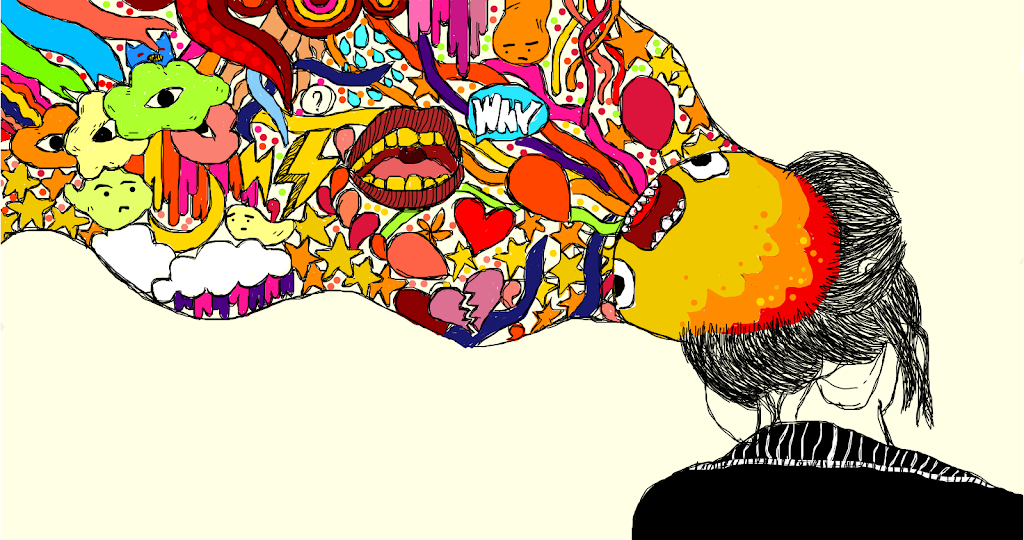Overthinking is a common affliction characterised by going over and over a scenario in our heads in an unproductive way.
 It is often mistaken as problem-solving but as we replay imagined scenarios and their outcomes, more hypothetical “what if?” problems arise which require solutions, thus compounding and enforcing the pattern. This can lead to Analysis Paralysis, an extreme form of indecision whereby actions are never taken due to endless options being considered.
It is often mistaken as problem-solving but as we replay imagined scenarios and their outcomes, more hypothetical “what if?” problems arise which require solutions, thus compounding and enforcing the pattern. This can lead to Analysis Paralysis, an extreme form of indecision whereby actions are never taken due to endless options being considered.
Sometimes overthinking can trigger negative emotions as logical thoughts in the Cerebral Cortex area of our brain escalate into anxiety-inducing worst case scenarios (‘catastrophising’ in Cognitive Behaviour Therapy terminology). The Amygdala, the area of the brain believed to process emotions, interprets our thoughts as reality and releases ‘fight or flight’ stress hormones – adrenaline, epinephrine and cortisol – which results in our hearts racing, prevents us sleeping, gives us muscle tension, and affects our ability to think clearly, thus forming a loop of endless rumination. Sound familiar?
There are many techniques that can break the overthinking cycle. Some people can simply divert their attention, or clear their mind through meditation. I don’t find such tactics effective as they don’t address the root thoughts. So here’s what I do:
Firstly I welcome, listen to and embrace my thoughts. It’s just my brain doing what it’s designed to do.
Then I have a brain dump. I externalise my thoughts by physically moving them outside of my head. I write down whatever I’m thinking – facts, emotions, instincts; draw diagrams, mindmaps, make lists; whatever works. I try to spot themes, links and causes but I don’t worry about trying to make sense of things at this stage. It’s about clearing the mind.
Once I’ve got everything out, I’ll do something else for a while (playing the drums works for me).
After 10 minutes or so I’ll come back to what I’d written, but approach it in the 3rd party. I imagine myself as a sympathetic friend who has been asked for advice. This distancing helps to view the problem more objectively. After weighing up the evidence I make some clear and actionable recommendations to my worrisome self. Often this self-advice is ‘toughen up you big drama queen’.
I’d worry less if I had more sympathetic imaginary friends.
Published in Shetland Life magazine in July 2018
